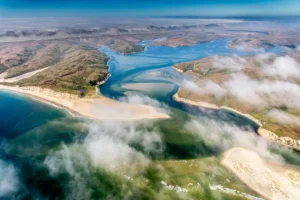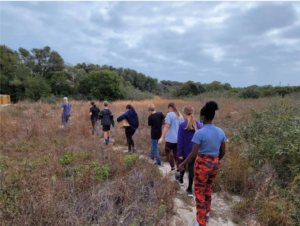Applications due April 3rd, 2020
The Ocean Acidification Program education mini-grant initiative, is a competitively based program that supports coastal and ocean acidification education programs that are responsive to the goals of the NOAA Ocean Acidification Education Implementation Plan. Priority goals include prioritizing and engaging target audiences for ocean and coastal acidification education and outreach, matching ocean and coastal acidification communication needs with existing research, education and outreach activities, while developing innovative approaches for community involvement.
Topics suitable under this Notice of Funding Opportunity (NOFO) should fill needs identified in the NOAA Ocean Acidification Needs Assessment including: (1) Education and outreach products that incorporate data interpretation and/or visualization;
(2) Multimedia educational tools (such as video, infographics and apps);
(3) Discrete hands-on lab modules that incorporate inquiry-based learning and align with Next Generation Science and/or Common Core Standards to be used in a formal education setting; and/or
(4) Protocol or tools for ocean and/or coastal acidification citizen science programs.
Pending appropriation of funds, NOAA Ocean Acidification Program anticipates awarding between four and five education and outreach projects totaling $150,000 dollars in FY2020. Projects must have amaximum duration of two years.
Questions about the content of your submission can be directed to jennifer.mintz@noaa.gov.
For information regarding your grant submission contact emily.osborne@noaa.gov.
Formal Notice of Funding Opportunity on grants.gov





